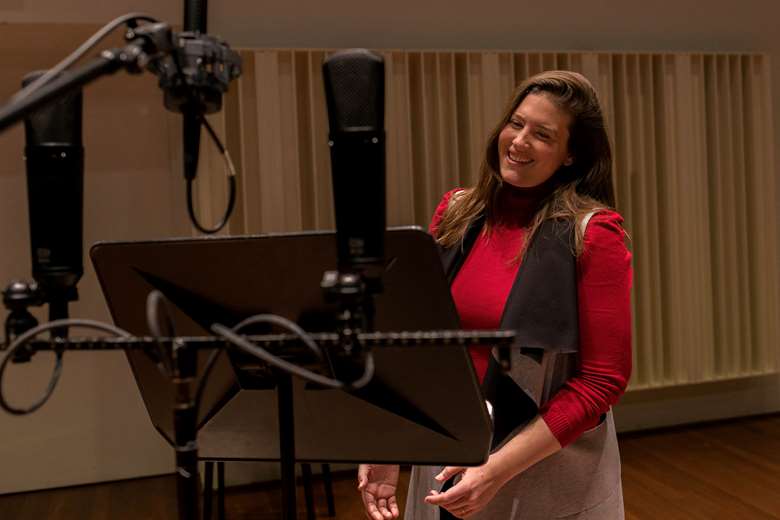Dichterliebe’s Daughter: Lili Boulanger’s Overlooked Masterpiece 'Clairières dans le Ciel'
Katharine Dain
Friday, November 17, 2023
'Extraordinary works of art remind us that that we’re not alone in our wonder and love and suffering'

Register now to continue reading
Thanks for exploring the Gramophone website. Sign up for a free account today to enjoy the following benefits:
- Free access to 3 subscriber-only articles per month
- Unlimited access to our news, podcasts and awards pages
- Free weekly email newsletter









